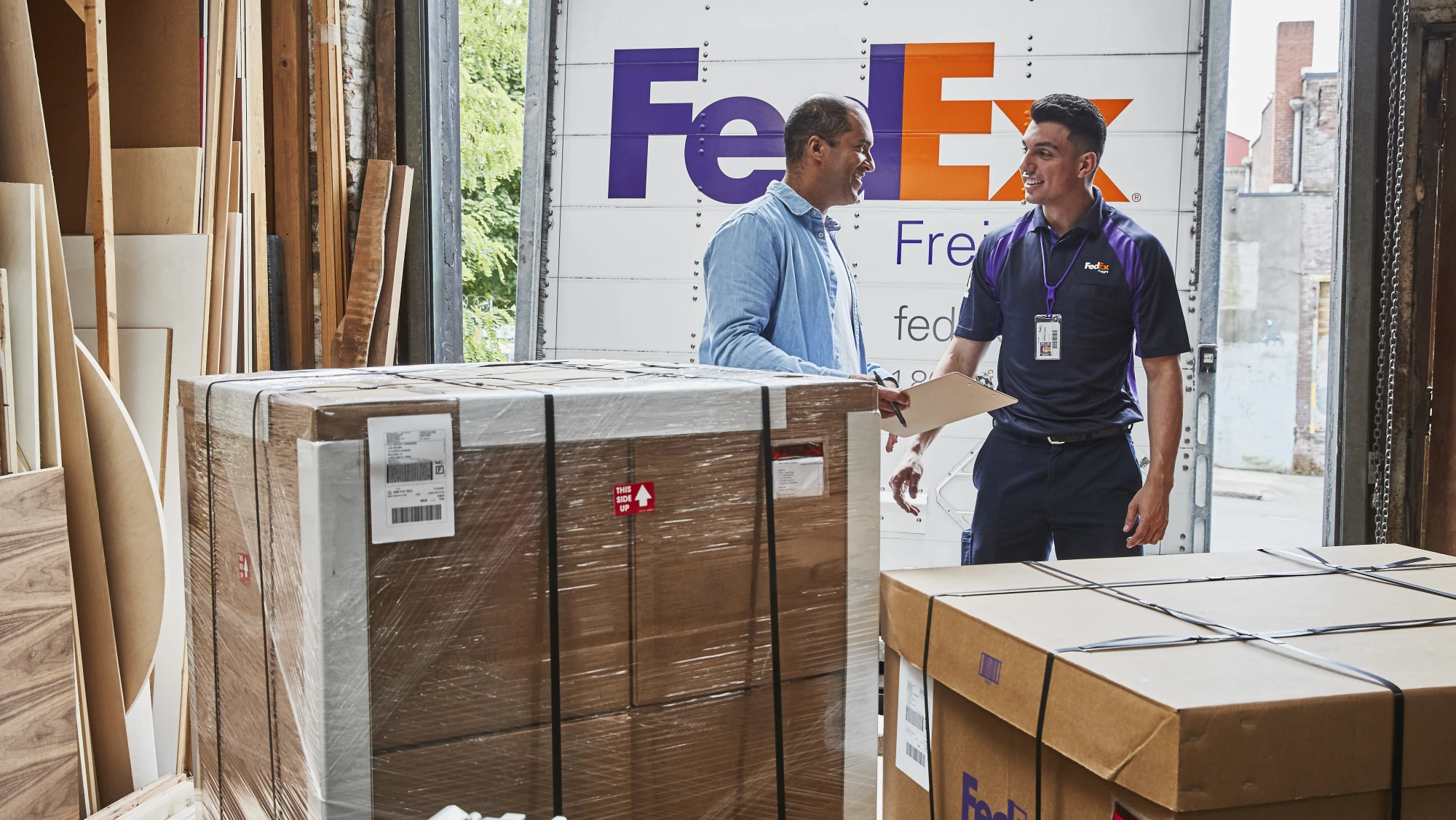FedEx calls on policymakers to “reprioritize ambitious trade agreements”
Comments come as looming Presidential election has focus on tariffs and imports

Parcel delivery giant FedEx Corp. is calling on U.S. policymakers to “reprioritize ambitious trade agreements,” pointing to the results of a recent company poll that shows 75% of U.S. small- and medium-sized business (SMB) leaders say trade directly benefits them.
Designed to analyze how technology and other trade policies impact U.S. business growth, the “Small Business Trade Index” study was comprised of 1,000 SMB leaders and conducted by Morning Consult between February 14 and 24, 2024.
According to FedEx, the results show that more than two-thirds of U.S. SMB leaders rely on imported goods for production or as merchandise to distribute domestically. These businesses report that they export products that utilize imported materials, and 82% say the ability to import products or components from overseas directly supports jobs within their company. The majority of SMB leaders believe expanding trade to customers in other countries is a good thing, with approximately 9 in 10 identifying that the most important countries to maintain trade with are Japan, the United Kingdom, and China.
“Trade opens new markets for businesses of all sizes and offers opportunities for engagement at a time when connectivity is needed most,” said Raj Subramaniam, president and CEO, FedEx Corporation. “Policymakers must reprioritize ambitious trade agreements so U.S. businesses can compete around the world, access new customers, and set the rules for fair and smart supply chains that connect the global marketplace.”
Subramaniam did not reference any specific policymakers, but his comments came as the pending U.S. Presidential election increasingly features debate over the nation’s future trade policies, restrictions on trade with certain countries, and tariffs on various goods.
The Trade Index also found that U.S. small business decision makers face additional challenges, with the majority reporting shipping delays or disruptions due to geopolitical issues as a main barrier (84%). Trade policies such as “de minimis” streamline trade paperwork processes by exempting low-value goods from customs duties and/or taxes. More than 8 in 10 U.S. small business leaders say that eliminating “de minimis” would have an adverse impact on their operations.
In addition, a majority of business leaders report that compared to 10 years ago, they are more likely to believe global trade stimulates growth, creates jobs, and fosters innovation. They also recognize the importance of retraining or reskilling individuals impacted by increased trade. A strong majority (95%) support prioritizing job retraining and upgrading skills among workers to help the U.S. compete globally.
Related Articles
Copyright ©2024. All Rights ReservedDesign, CMS, Hosting & Web Development :: ePublishing